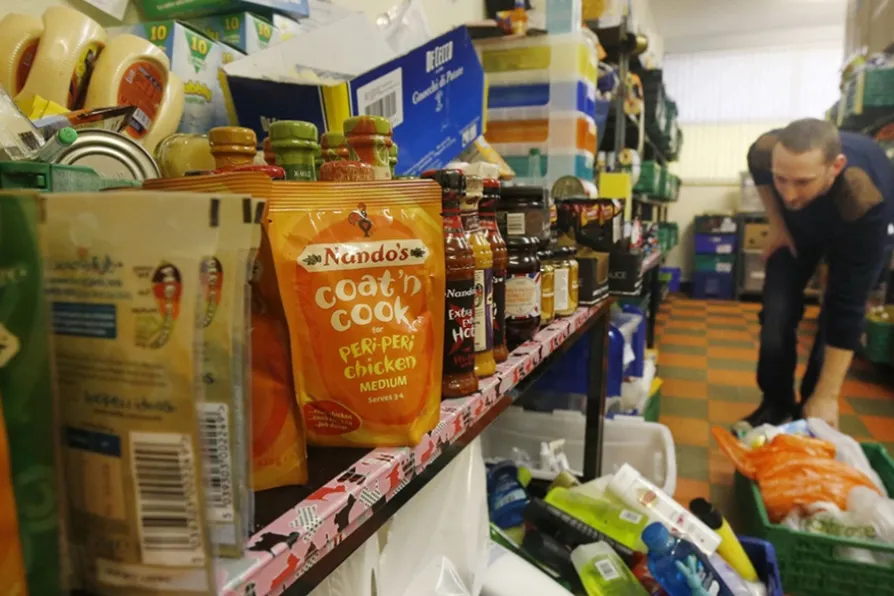Half of low-paid workers forced to use foodbanks in past 12 months, research finds

 A man preparing boxes at a food bank
A man preparing boxes at a food bank
MORE than half of low-paid workers in Britain have been forced to use foodbanks in the past 12 months as the cost-of-living crisis pushes the poorest to the “financial brink,” new research suggests.
Four in five people on low wages described the crisis as the worst financial period they have ever faced, according to a poll of 2,000 individuals by the Living Wage Foundation.
The foundation said almost half of low-paid workers now regularly skip meals and nearly a third are unable to heat their homes, while 56 per cent reported using a foodbank in the last year.
Similar stories














